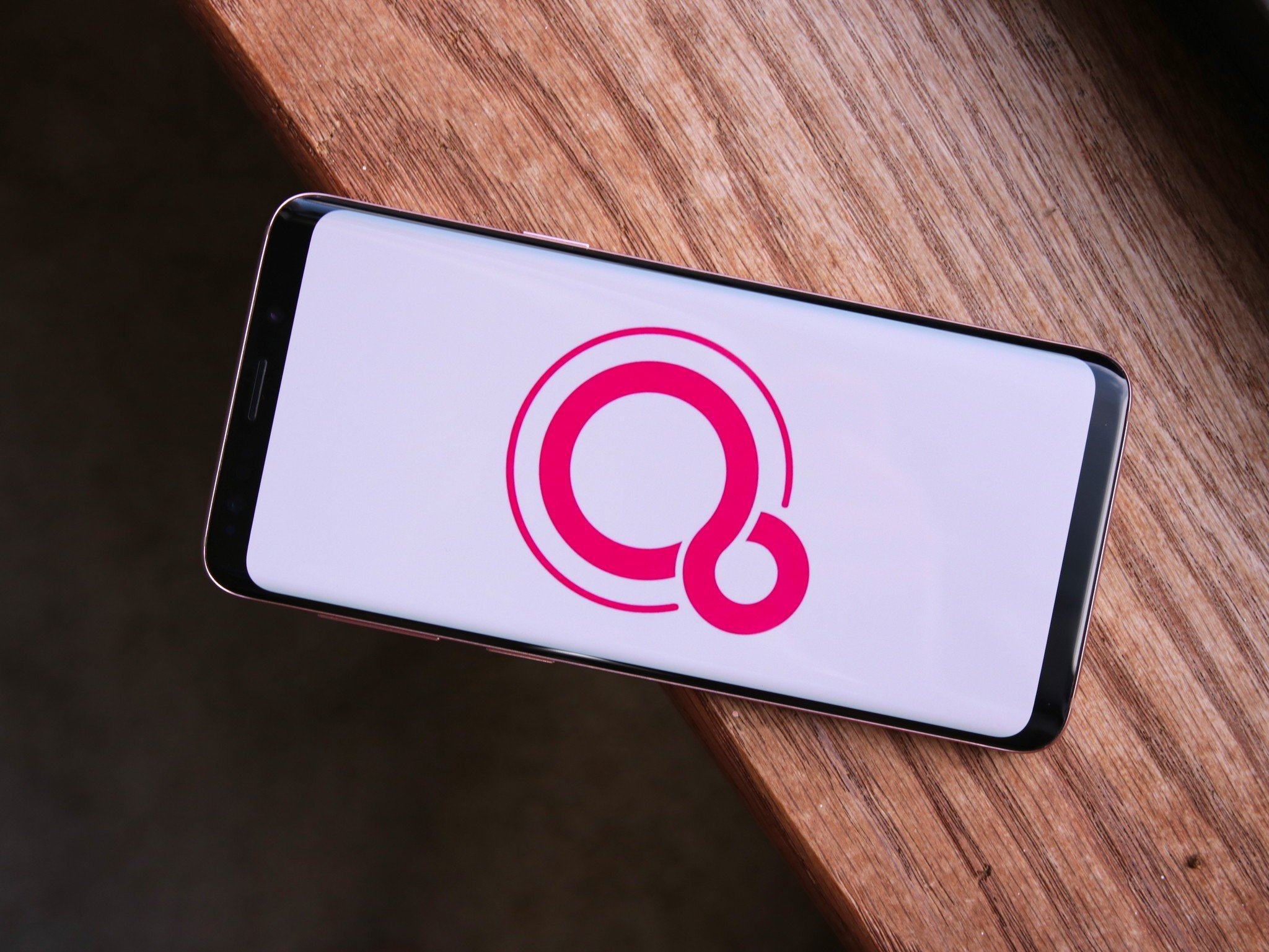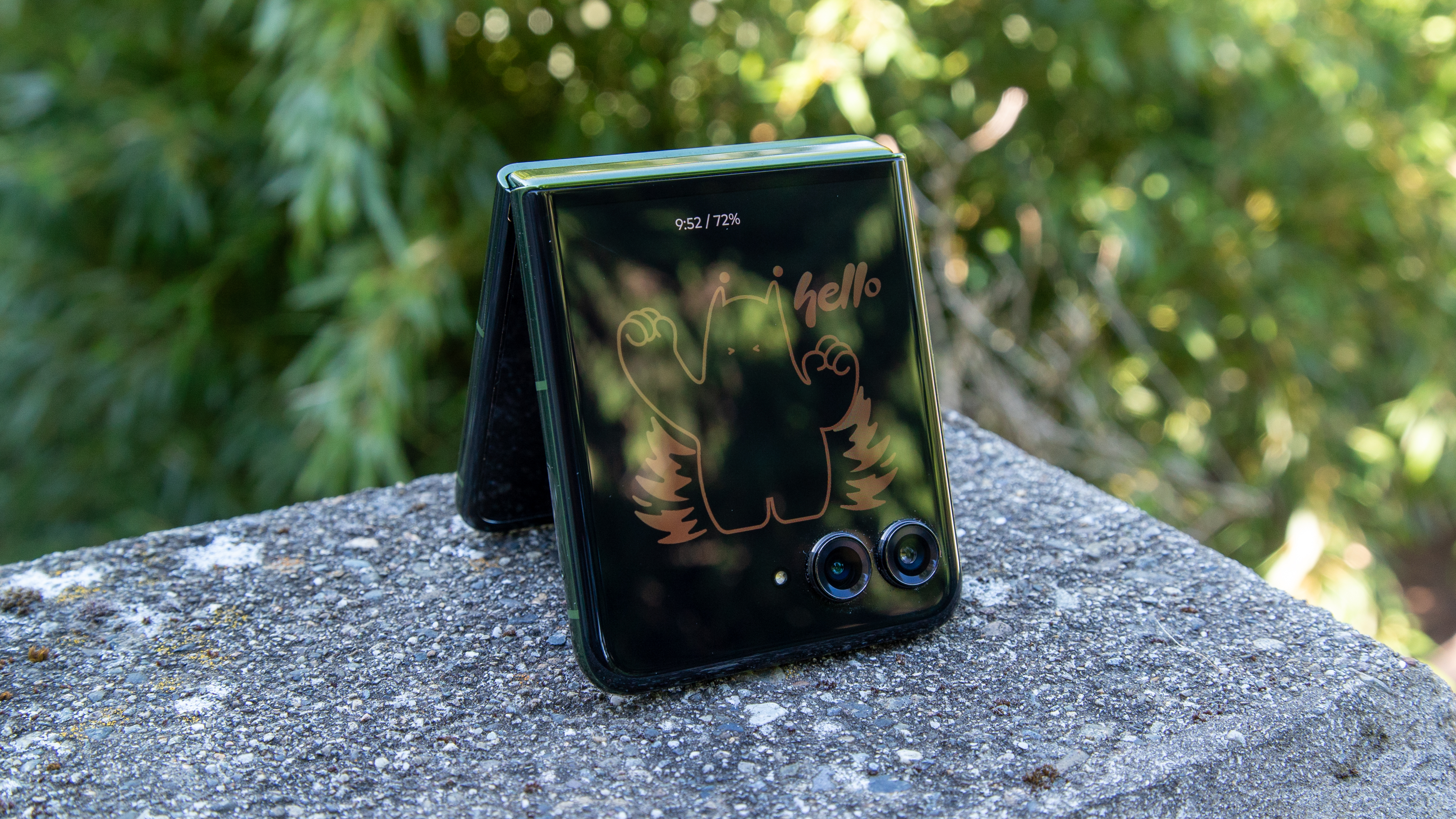Google has quietly launched a developer website for Fuchsia OS

What you need to know
- After finally acknowledging its existence at I/O 2019, Google has launched a developer website for Fuchsia OS.
- The developer portal includes a vast amount of documentation to help developers learn how they can create Fuchsia apps.
- As per the website, Fuchsia is a modular, capability-based open source operating system.
At Google's I/O developer conference in May, the Mountain View-based company finally confirmed that it is indeed working on Fuchsia OS, an open source project designed for modern operating systems. Google has now quietly launched the official Fuchsia OS website for developers. The developer website clarifies that "Fuchsia is not Linux" but "a modular, capability-based operating system."
While Fuchsia.dev did go live briefly after Google I/O concluded, no content was actually visible on the website back then. The newly launched website isn't the most appealing visually but it does include a lot of documentation that is aimed at helping developers get started with the experimental open source operating system. That said, it is nearly impossible for developers to start creating Fuchsia apps currently, mainly due to the fact that there are very few devices out there that support Fuchsia OS. The small list includes Acer's Switch Alpha 12, Google Pixelbook, as well as multiple generations of Intel NUC.
The documentation on the Fuchsia developer website also includes detailed information regarding the all-new Zircon microkernel that the operating system is built on. In comparison, Google's Android and Chrome operating systems are based on the Linux kernel. One of the key strengths of Fuchsia will be its scalability. Google plans to use the operating system on a wide range of devices, including smartphones, tablets, notebooks, as well as embedded systems.
While Fuchsia apps are based on Dart, developers will need to use Flutter to actually write the user interface and apps. A major advantage of Flutter is that it is a cross-platform framework, making it possible for developers to build apps for both iOS and Android using a single codebase. Even though Google has denied that it plans to replace Android with Fuchsia in the future, it is possible for the experimental operating system to support Android apps.
Top 3 ways Fuchsia can be a better operating system than Android
Be an expert in 5 minutes
Get the latest news from Android Central, your trusted companion in the world of Android

